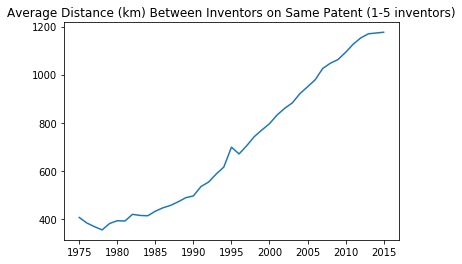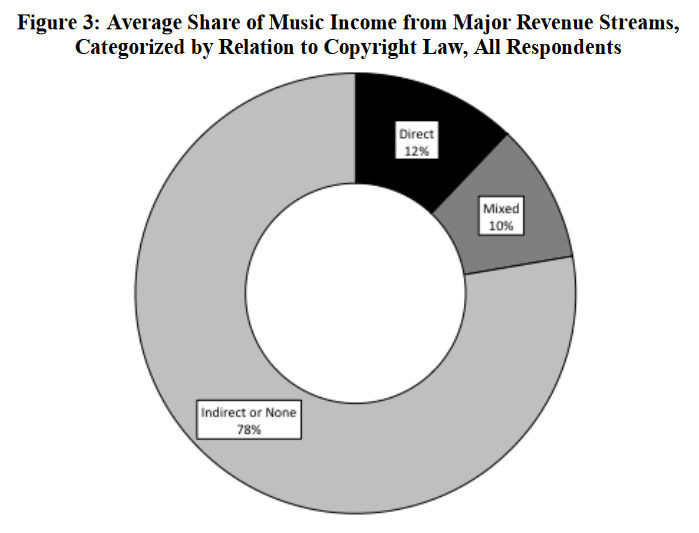- more brains ➡️ more ideas
- more people ➡️ more specialization (?)
- more consumers ➡️more profit for innovating
Suppose tech progress comes from random tinkering, plus retention of good modifications. To get progress, you need to transfer knowledge across generations.
Granted this is 5 observations so we're grading on a curve here. But not bad for a theory that seems obvious, but is kind of hard to actually test.
Tentative conclusion: yep, more people ➡️ more innovation (all else equal).
And an RSS feed! (mattsclancy.substack.com/feed/)













